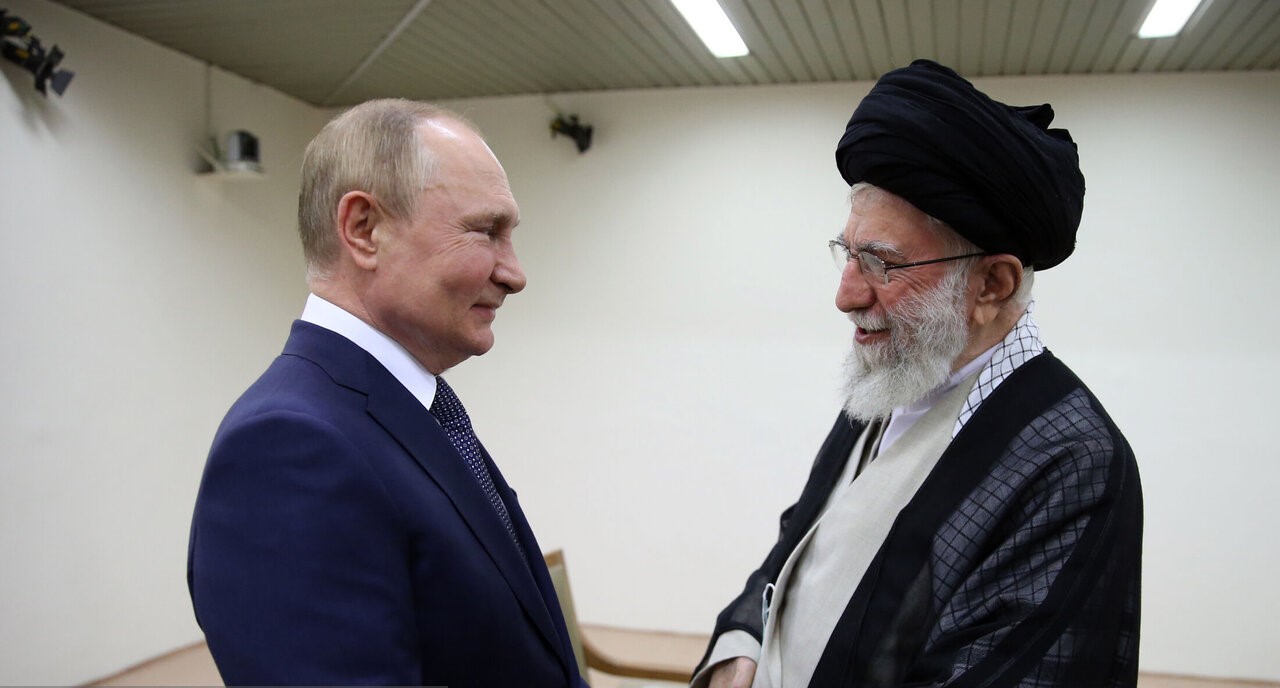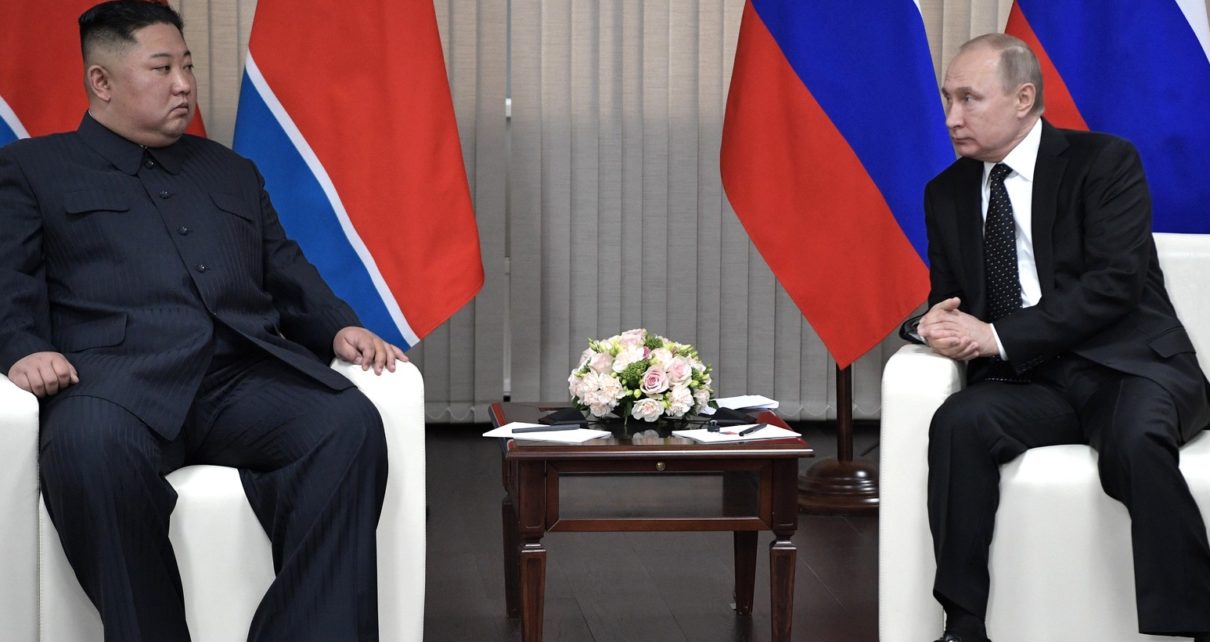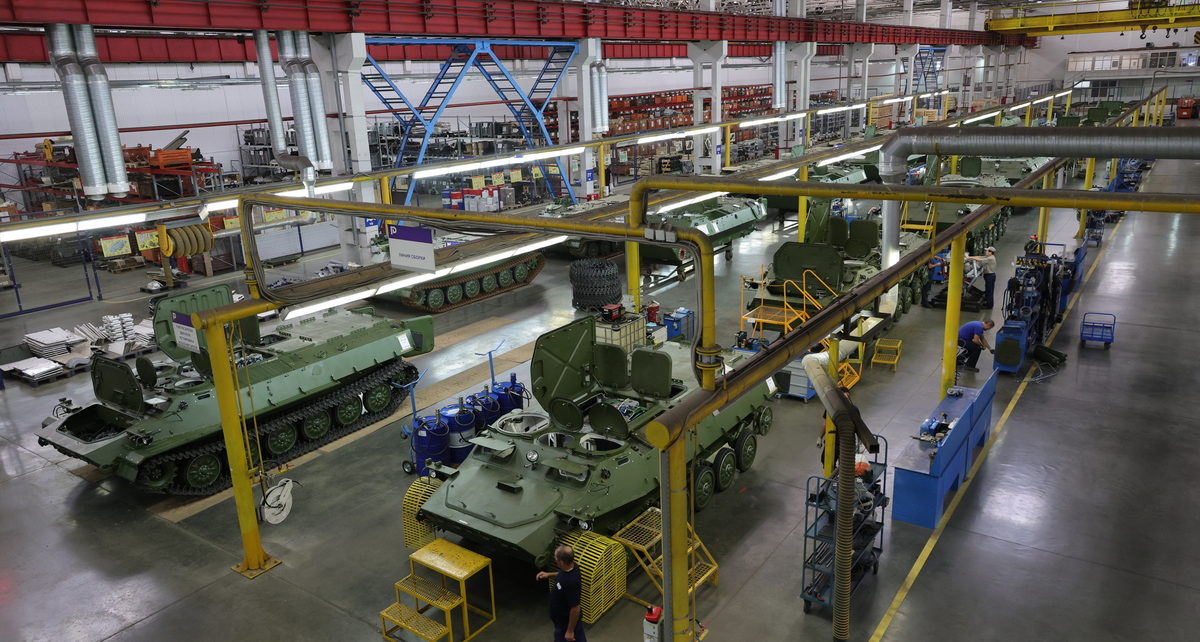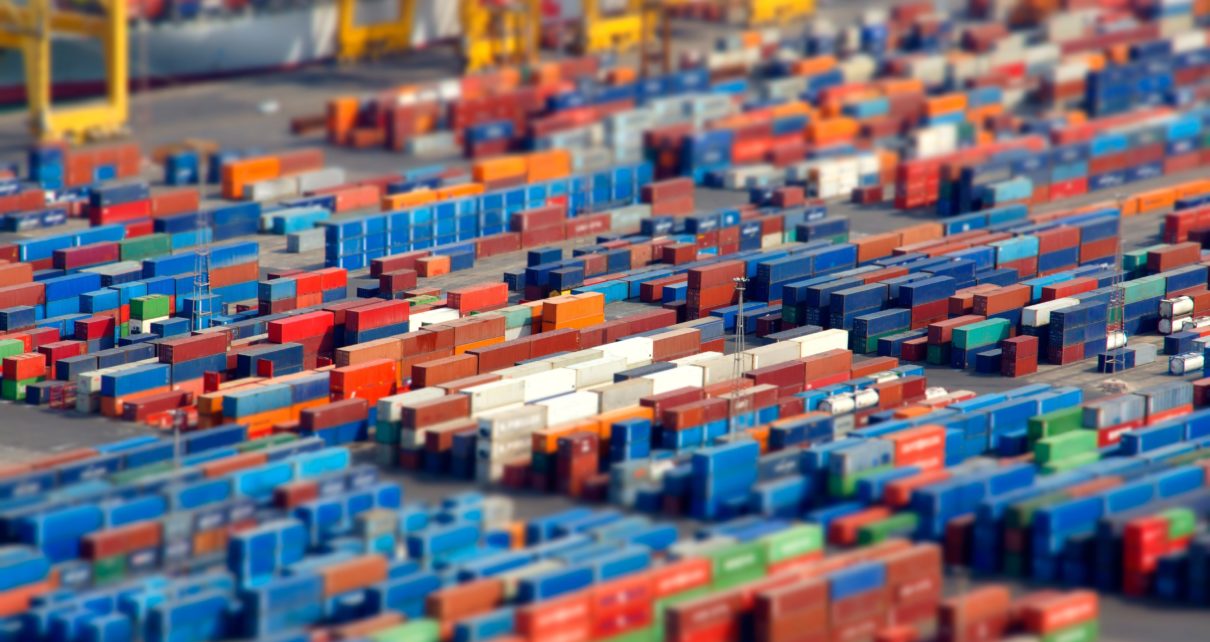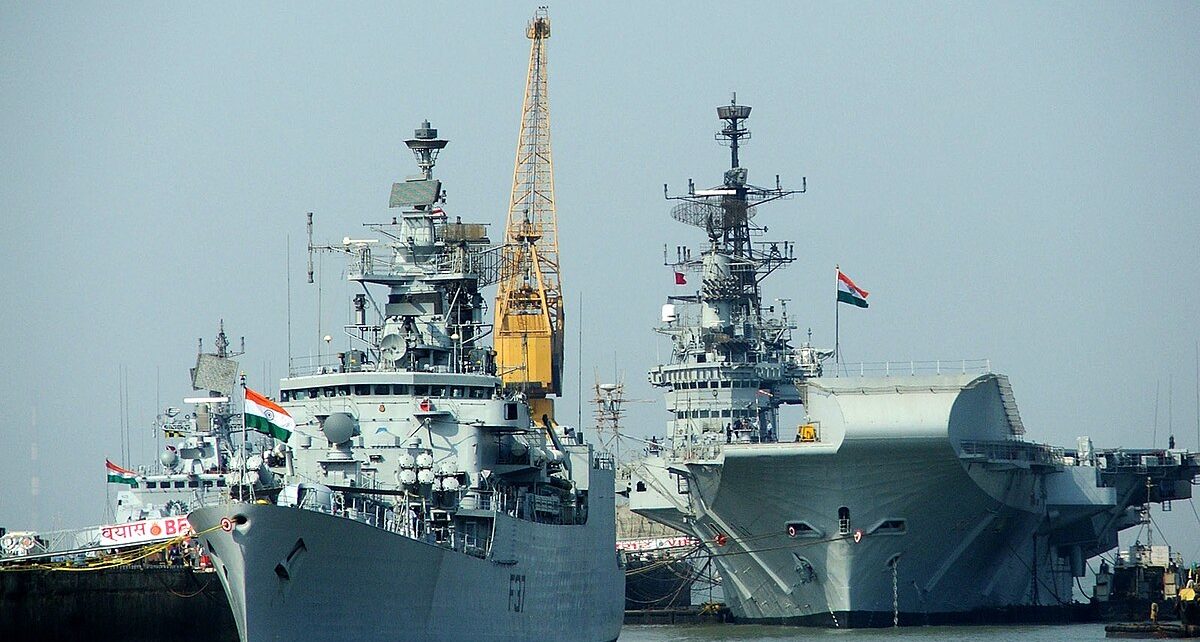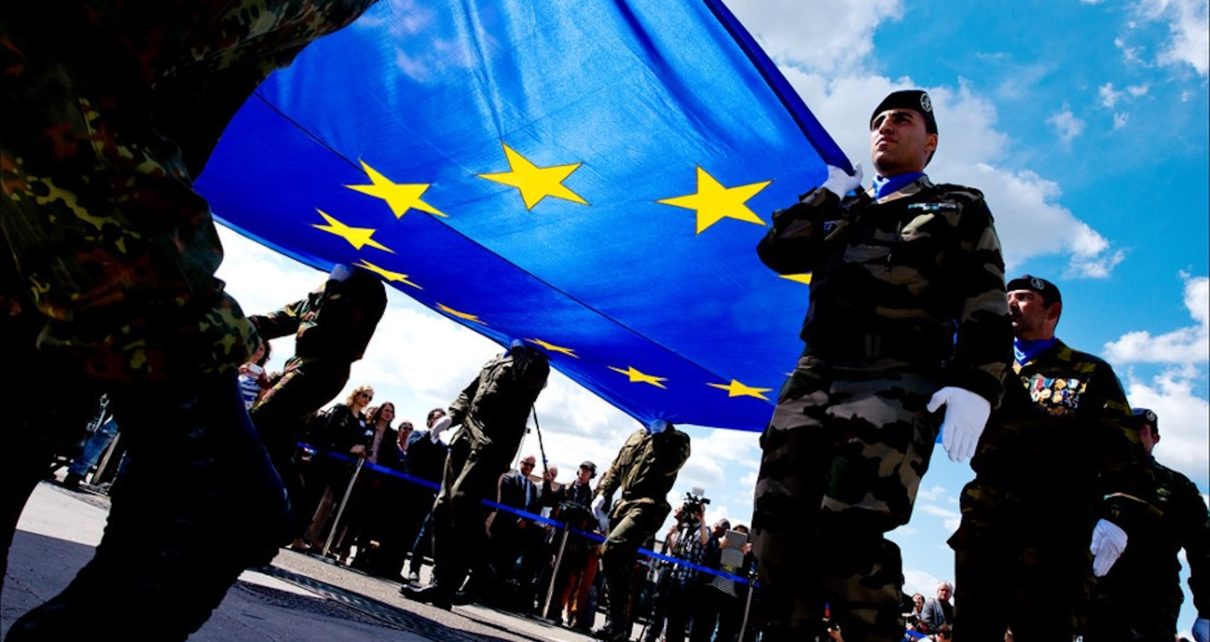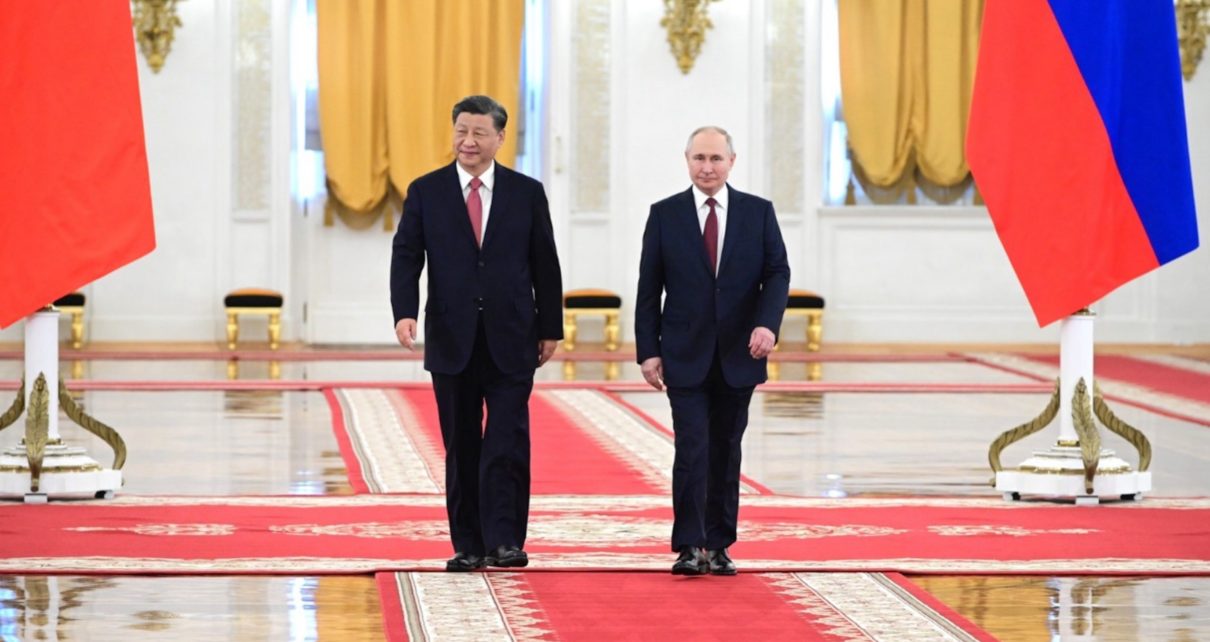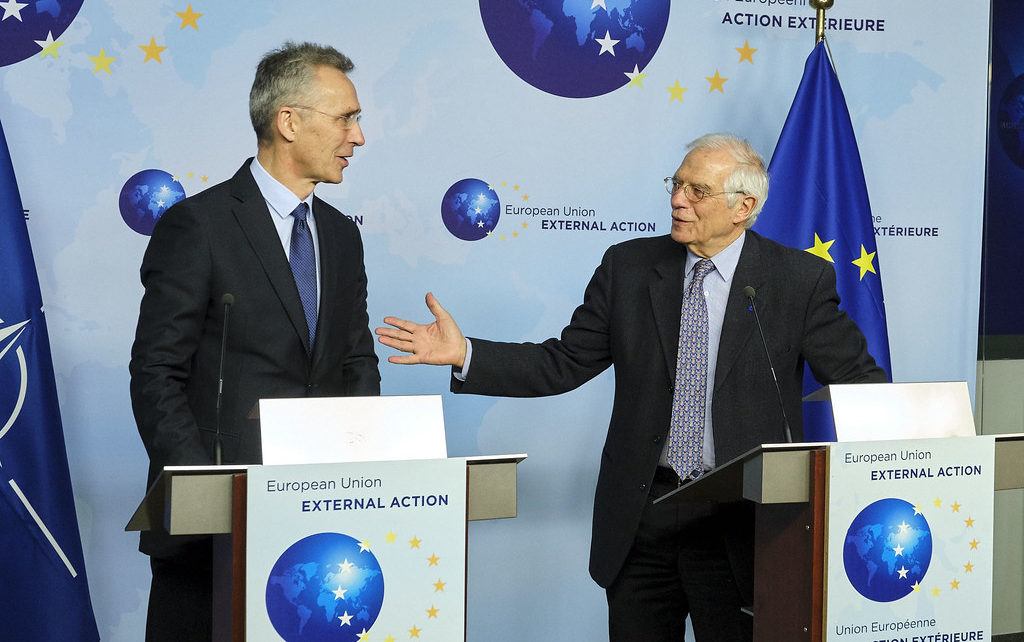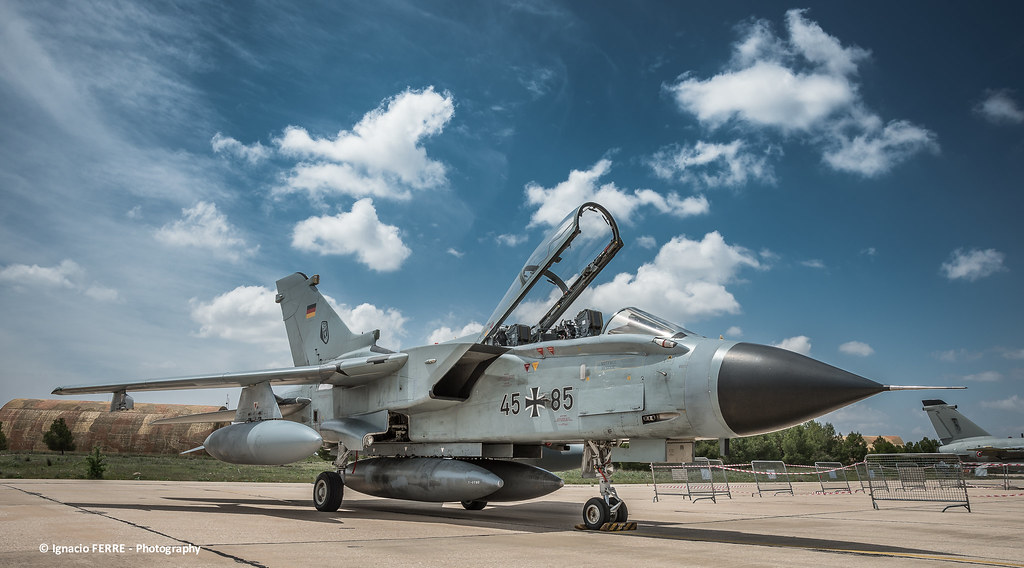Amidst the tumult of conflict in Ukraine and instability in the Middle East, the partnership between Russia and Iran is at a historic juncture and is ripe for potential multifaceted cooperation. With Western sanctions, defence production and supply vulnerabilities persist for both these states, which seek to advance their respective interests and authoritarian model of Read More…
Author: Jake Rooke
Rogue Allies: A Partnership of Desperation, Russia and North Korea
As Russia experiences growing isolation since its invasion of Ukraine, Moscow has sought to deepen its relationship with the Democratic People’s Republic of Korea (DPRK). This relationship, which had previously collapsed with the Soviet Union’s dissolution in 1991, has witnessed a prominent resurgence. The new relationship is marked by secrecy and mutual assistance aimed at Read More…
Special Report: The Battle Behind the Production, Russia’s Defence Industry and the Paradigm of its Strategic Advantage in the Land Domain
Disclaimer: Any views or opinions expressed in articles are solely those of the author and do not necessarily represent the views of the NATO Association of Canada. Russia’s recent success on the battlefield has been directly influenced by the robustness of the Russian defence industry’s land-domain sector. This sector can be characterized by its focus Read More…
Special Report: Unveiling Western Business Implications in the Russian Defence Industry’s Supply Chains
Significant attention has been drawn to the adaptability of Russia’s defence industry and how it has diversified its supply chains, circumvented sanctions, and bolstered its ability to conduct its war of aggression on Ukraine. While scrutiny has been directed towards adversaries, such as Iran and North Korea, and intermediaries (e.g., China), including Western allies and Read More…
Tides of Power: China’s Potential Strategic Dominance in Shipbuilding and Its Influence on Naval Power for the U.S.
China has a significant position in global commercial shipbuilding and its control is growing, granting it a formidable strategic industrial advantage in modernizing and expanding the capabilities of the People’s Liberation Army Navy (PLAN). This is important as the PLAN’s modernization, in numerical and tonnage, combined with its intention to move beyond a littoral naval Read More…
Roaring Rivals: The Tiger and the Dragon, and the Indo-Pacific Chessboard
India and China are forecast to be the second and third-largest economies in the world by the turn of the next century. The dynamics between these powers demonstrate an uneasy competition as each state tries to increase its own sphere of influence at the expense of the other. These dynamics are thus a mixture of Read More…
Towards a Stronger Europe: EDIS Feasibility and Collaboration for Enhanced Defence Resilience
Europe faces unprecedented security challenges, and the European Commission is seeking the opportunity to transform its defence-industrial base by creating the European Defence Industrial Strategy (EDIS), pledging €1.5 billion to support this initiative between (2025-2027). Critical procurement vulnerabilities have been exposed since the COVID-19 pandemic, Russia’s invasion of Ukraine, and the potential return of a Trump administration. Addressing these vulnerabilities and diversifying Read More…
Navigating BRICS Expansion with an Eye to China and Russia: A Strategic Perspective
BRICS, the hitherto five-state grouping of emerging countries that, until now, included Brazil, Russia, India, China and South Africa, expanded in early 2024. This enlargement doubled BRICS’ membership to include authoritarian members Egypt, Ethiopia, Iran, Saudi Arabia, and the United Arab Emirates (UAE), but with Argentina desisting from joining after the election of President Milei. This is the first BRICS Read More…
European and Russian Defence Procurement: Not All Spending Is Made Equal
Russia’s invasion of Ukraine has created an existential crisis for European security and demanded greater European strategic responsibility. Currently, European NATO members and the EU are on a mission to decouple from energy dependence on Russia. They are also committed to recapitalizing their armed forces. How these multi-billion-dollar investments are spent will be critical to Read More…
Germany’s Tornado Gap: Nuclear-Sharing and the F-35
Germany’s underfunding in the development of a new fighter-bomber leaves a capability gap in NATO’s nuclear sharing agreement when the Tornado retires in 2030. Germany must now turn to the F-35 to fill the gap.

